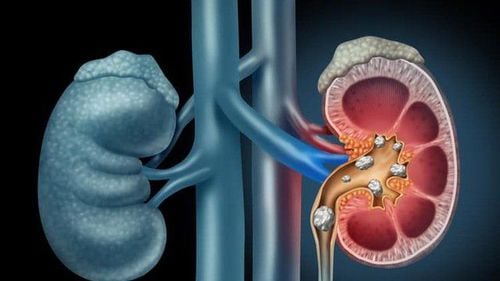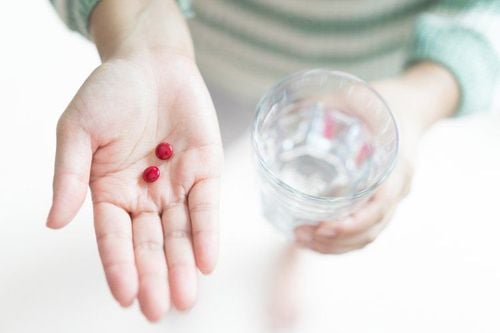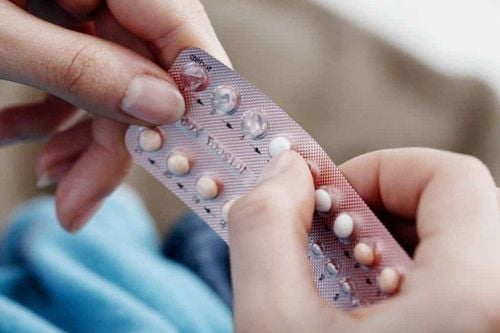Rowatinex is a medication commonly used to treat certain urinary tract conditions such as kidney stones, ureteral stones, or urinary tract infections. For optimal and proper use of medication, it is essential to follow the doctor’s instructions regarding the dosage and duration of Rowatinex.
1. What is Rowatinex?
Rowatinex is a medication indicated for the treatment of urinary stones and urinary tract infections with primary components including Olive Oil (33mg), Pinene (31mg), Camphene (15mg), Borneol (10mg), Fenchone (4mg), Anethole (4mg), and Cineole (3mg). Moreover, the medication is formulated with the right amount of appropriate excipients.
This medication is often prescribed by doctors for conditions such as urinary stones, mild urinary infections, urinary tract spasms, and inflammation associated with urinary stones, which works by dissolving stones and facilitating their expulsion from the patient’s body.
2. What are the uses of Rowatinex?
Due to its diverse components, Rowatinex has a wide range of therapeutic effects, including:
- Pinene: A major component of pine essential oil, comprising about 90%, which significantly enhances metabolic exchange with the external environment and enables the body to eliminate harmful substances, such as excess water, uric acid, salts and fats through urine.
- Borneol: Plays a vital role in enhancing the body's immune system. Apart from treating urinary stones, Borneol is also used in managing conditions related to muscles, joints, diuresis, infections, and gastric or duodenal ulcers.
- Cineole: Found in tea tree oil, Cineole promotes diuresis and stone dissolution in the treatment of urinary stones or related infections. Additionally, it is effective in addressing other conditions, such as respiratory diseases.
3. Indications and Contraindications of Rowatinex
3.1 Indications
- Patients requiring prevention or symptomatic treatment of urinary retention, reduced urine output, or urinary tract infections.
- Patients with kidney stones or urinary tract stones.
- Patients require prevention of recurrent urinary tract stones.
- Patients experiencing urinary tract spasms after undergoing surgery.
- Patients need to improve kidney function.
- Patients need to prevent calcium accumulation and deposits in the kidneys.
3.2 Contraindications
Rowatinex is contraindicated in the following cases:
- Patients allergic to any of the components of the medication.
- Patients with certain conditions, such as kidney disease or liver disease.
- Pregnant or breastfeeding women.
- Patients allergic to specific foods, chemicals, or other factors.
Patients consuming alcohol, smoking, or using tobacco products.
Potential Side Effects
Some side effects that may occur with the use of Rowatinex include:- Dry mouth with a mint-like taste sensation.
- Skin rashes.
- Itching or irritation of the skin.
4. Dosage of Rowatinex
Before prescribing the medication, patients will be examined for their current medical condition and medical history to determine the appropriate dosage for different groups:
- For adults: Take 1 tablet per dose, 3–4 times per day.
- For children: The dosage varies depending on the child's age. For children aged 6–14 years, the typical dosage is 1 tablet per dose, 2 times a day.
It is important to take Rowatinex before meals, swallowing the whole tablet without chewing. Additionally, patients are advised to drink plenty of water while using Rowatinex, approximately 4–5 liters per day.
If a patient misses a dose or takes Rowatinex at the wrong time, they should take the next dose at the scheduled time without doubling the dose. To help improve medication adherence, patients should set a reminder to take the medication regularly or ask family members to assist with reminders.
Rowatinex may interact with other medications being taken concurrently, potentially causing adverse effects that can impact the patient's health. Therefore, patients should provide a list of all medications they are currently taking, so their treating physician can be aware and prevent any undesirable drug interactions. Some substances that may interact with Rowatinex include herbal medicines, vitamins, and dietary supplements.
If the medication is taken in a dose higher than prescribed, the patient may face the risk of some side effects. In such cases, it is important to take the patient to an emergency facility promptly for appropriate management.
To arrange an appointment, please call HOTLINE or make your reservation directly HERE. You may also download the MyVinmec app to schedule appointments faster and manage your reservations more conveniently.













